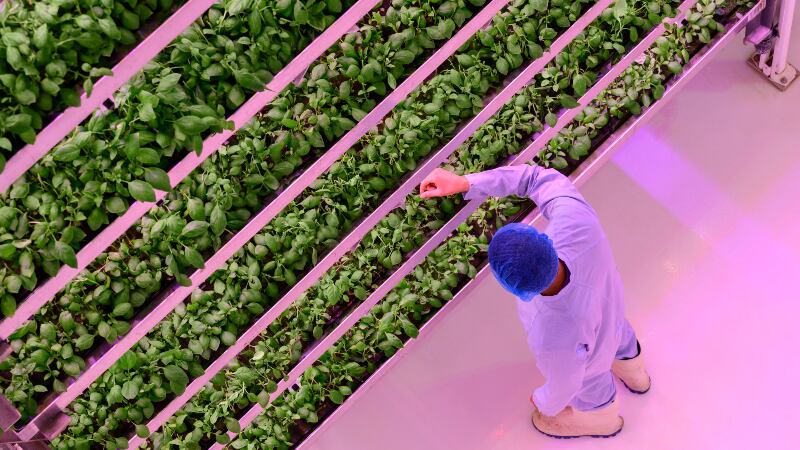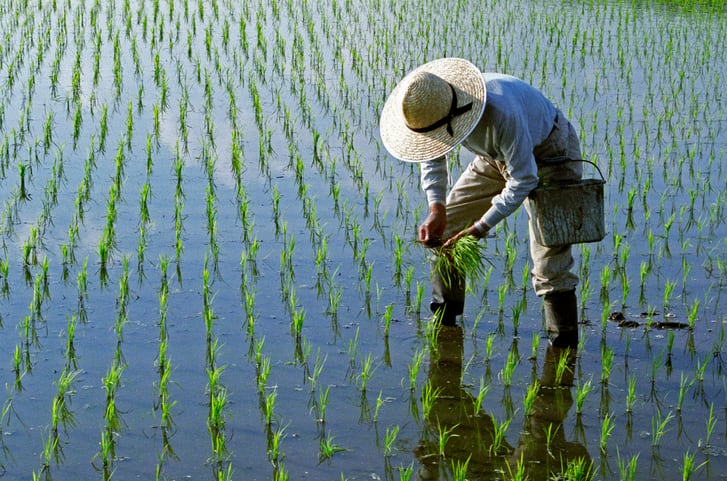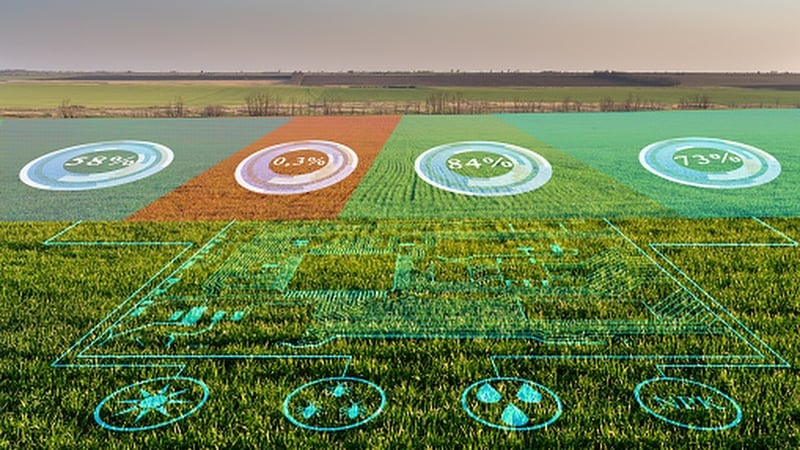This is according to a panel of industry experts and start-up founders who were speaking at the 2023 Asia-Pacific Agri-Food Innovation Summit held in Singapore.
“One thing that is emerging from this slew of failures, especially in vertical farming, is the restarts that are becoming successful in many ways through strategies like capital efficiency, highly focused business models, and product differentiation. Just because you can grow a certain crop doesn’t mean you should. Instead, you need to be growing what creates a competitive advantage,” said Dave Chen, CEO of US financial services firm Equilibrium.
Carving out a niche appears to be a common theme running through the companies that have weathered the challenging times.
For Malaysia-based BoomGrow, 80% of its customers are five-star hotels, which are said to be increasingly looking for fresh, sustainable produce.
“Malaysia is a resource-rich country, yet we have issues around soiling that result in the inability to regenerate soil. Our focus is on resolving customer pain points, including the lack of fresh vegetables and price fluctuations. Unless there are broader geopolitical implications, our prices are fixed due to the long-term contracts signed with the hotels.
“Our system enables the growing of fresh, quality produce so that hotels don’t need to import them. At the same time, we provide our customers with data that reflects traceability and transparency, which are key factors to building brand trust,” said Jay Desan, co-founder of BoomGrow.
Although the firm centred on the high-end sector, the pandemic “forced” it to branch into retail.
“The demand for pesticide-free produce among Asian consumers is significant. With the necessary certifications, we are able to inform them that they now have access to good-quality local produce.
“Consumers don’t really have brand loyalty for fresh produce. For chips or chocolates, they may stick to a certain brand. People don’t go to a supermarket and ask for a specific brand of veggies. We believe that change is slowly happening, but it’s still going to take some time.”
In Hong Kong, the majority of produce in the market are imported from countries such as Australia, Europe, and the US.
“Hong Kong is a tough market because of the high costs. Furthermore, our competition is not with local growers, but the imports. We had to secure our customer base — hotels and restaurants — as quickly as possible. Our approach was to identify problems such as food wastage, as well as unmet needs that we could address immediately.
“Initially, we trialled with different crop types to find out what works and what doesn’t. Now, we are mainly growing the hard-to-grow imported crops like edible flowers and those from the Northern Hemisphere. While we are starting to look into mature grains, our focus will still primarily be on high-value crops,” said Jessica Fong, CEO of Common Farms.
Slow but steady wins the race
As for Taiwan-headquartered indoor vertical farming company YesHealth Group, its “recipe for success” includes sustainability — not so much reducing carbon footprint as sustaining the business in a responsible and profitable way.
The firm inaugurated in 2008 and set up its first farm five years later, but it wasn’t until 2017 that it initiated fundraising to build its main production farm.
“When we hadn’t gotten the business model right and didn’t have a clear path to profitability, we didn’t think of getting investments. Some companies have used invested funds to super-fuel their R&D, but it didn’t turn out well for many. One thing that has worked for us is by taking slow and steady steps.
“Asia has been the manufacturing powerhouse of the world for the past three to five decades. The fundamental concept of 4M1E, which drives the region’s manufacturing capabilities, is something that I fail to see in Europe and the US. The four Ms refer to machine, material, method and man, while E stands for environment.
“For example, when we see a problem, we do not immediately jump to the conclusion that it is a machine or technical fault. It could be solved by the other four factors, without necessarily having to buy another equipment. This allows us to evaluate problems from a different perspective, and resolve them in the most cost-effective way,” said Jesper Hansen, CCO of YesHealth Group.
These efforts have not gone unnoticed by investors.
Although the focus of Australia-based asset management firm Roc Partners has traditionally been on established businesses, the work of start-ups is also gaining attention.
“We see a lot of start-ups having great ideas and concepts, but are challenging as an investment proposition for late-stage investors. However, it’s really encouraging that these guys are putting in the hard yards, tracking opportunities that are accessible, and expanding technology systems,” Frank Barillaro, Partner at Roc Partners, shared.
Pricing matters
Asia is one of the most price-competitive markets in the world when it comes to fresh produce, according to Chen.
“It’s not unusual in this region to buy a kilo of greens for $2. The question is: How do you decide on product offerings with your chosen business model, or alternative way of farming? How do you manage this hyper-competitive environment?” he asked.
Rather than lowering prices to beat the competition, YesHealth Group is, in fact, looking to increase them.
“It’s about disrupting the way people think about food. When you go to the produce section at a Taiwanese supermarket, you’d find that vegetables are basic commodities that do not profit any party in the transaction, even the retailer. But at the cosmetics or wine section, consumers easily recognise the price difference between low-end and premium products. We want the same thing to happen for fruits and veggies because they are important to our health.
“We realised that we need to educate the market. That’s why we build our farms with exhibition functions. There are people coming to our farm every week, through which we show them how we operate, and teach them about health and sustainability. We want to expand the sector, and we’re not looking at five to 10 years; we aim to be in this for 50 or 100 years to ultimately change consumer mindset and behaviour,” Hansen explained.
On the same note, Fong highlighted the importance of product pricing and brand positioning.
“Right from the start, we made sure that we set our product prices and positioned ourselves in the market appropriately. We offer quality specialty produce, and we have the ability to cater to precise needs of both B2B customers and consumers. Also, we are dedicated to selling in a specific way.
“We have seen in Hong Kong the first wave of indoor growers that folded within a few years. They did large-volume production, and when they were unable to clear the stock, they started slashing the prices. Once you cut prices by 30% to 40%, it’s impossible to get customers to pay the original price,” she reiterated.
Rather than working with retailers, Common Farms takes the direct-to-consumer approach, particularly targeting people with strong interest in health and nutrition.
“We have had cancer patients who come to us for a particular produce. It’s a very niche but sizeable market. It is crucial to stay focused on what our customers want, especially in such a competitive environment.”





